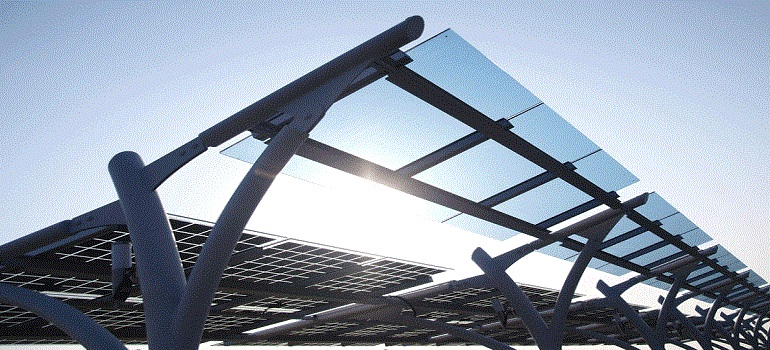
The long awaited solar rebate program was proposed to the N.C. Utilities Commission by Duke Energy yesterday. The program could help its North Carolina customers overcome the challenge of the upfront cost of solar by as much as $62 million over the next five years.
Officially called “The Competitive Energy Solutions Law for North Carolina,” Duke Energy expects it to increase the solar market by 200% over the program, a boon for the solar installation companies in North Carolina and the more than 34,000 solar jobs in the state.
The proposed rebate is a good example of collaboration between a utility and industry to forge a program meeting the requirements of the recently passed HB 589. The bill, sponsored by State Representatives Dean Arp and John Szoka, was passed in the summer of 2017.
The N.C. Sustainability Energy Association worked closely with Duke Energy and a task group of four installation companies, of which Yes Solar Solutions was one.
Yes Solar President Stew Miller met many times with the NCSEA and Duke Energy to come up with a program most beneficial to the customer, the installation companies and the utility. “It was an honor to be part of the industry task force working on the details of the rebate, and our prospective customers have been anxious to see the details of the proposal. We already can see how this will benefit our business in 2018 and in the next few years,” commented Miller. “It is exciting to see it announced and extremely helpful in planning our business to have some assurances of the affordability of solar, especially in the light of a looming tariff on solar panels.”
Rebate Details
Residential customers eligible for $.60 per watt on systems up to 10 kilowatts (which would be $6,000 on that size system).
Non-residential customers eligible for $.50 a watt on systems up to 100 kilowatts (which would be $50,000)
Non-profits eligible for $.75 a watt up to 100 kilowatts ($75,000).
Option of solar leasing, where a third party owns the system and the customer contracts to use the energy.
Additional programs Duke Energy plans to roll out in 2018 include shared solar, which would allow for subscribers to share in the output of a nearby solar facility if they don’t want or can’t have solar on their property, and a Green Source Advantage, which would allow large customers to secure solar power to offset the amount of power purchased from Duke Energy.
ALSO READ:
India will host the first summit of the International Solar Alliance in March: PM Modi
CPPIB to acquire ADB’s 6.3 per cent stake in ReNew Power for USD 144 mn
US President Trump imposes tariff on imports of solar cells to protect domestic market

